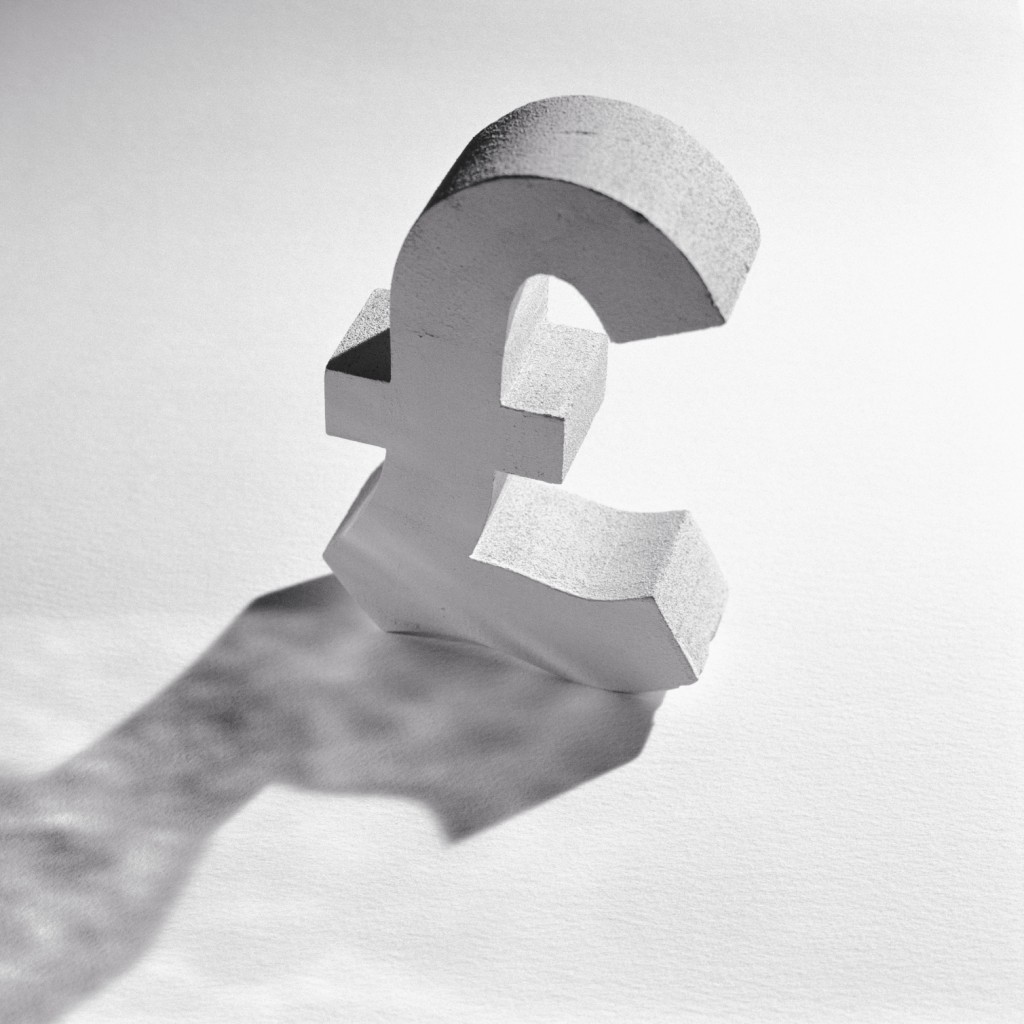Catherine Gregory is a Lecturer in the Department of Economics, Finance and Accounting at University of Liverpool’s Management School
“The Chancellor of the Exchequer presented his Budget to Parliament on 20 March 2013. Some of the main changes surprised both friend and foe.
Many tax advisers have observed that this year’s budget was fiscally neutral. Any tax raising measures and expenditure cuts have been equalised by tax cuts and expenditure increases.
Spotlight on avoidance
The most notable policies are in relation to corporation tax. In trying to boost the economy, corporation tax rates have been cut in an attempt to signal that the UK is a low tax regime, in which business can be conducted without too much of the profit being paid over to the exchequer.
With the spotlight firmly on avoidance following recent high profile cases, such as Google, Starbucks and Amazon, the message from the Chancellor was clear. There are no longer any safe havens.
For individuals earning less than £10,000 per year, there is no tax to pay. With every positive comes a negative – the rate of 40% is now applicable to more people as the thresholds which determine the rate of tax to be paid have effectively been reduced. So if university lecturers are looking for promotion – they may well be worse off!
Like any budget of past years if you drink wine and spirits, smoke, have a car or travel by air it’s going to cost you.
The exception is, for people who drink beer, there is a cut in the beer duty – the equivalent of a 1p price cut in every pint, but to offset the income tax increases it would involve drinking a lot of beer!
For those of us who prefer wines, spirits or cider – no such luck. The 2% rise in duty on these drinks will take effect from 25th March. It may be a case of changing your favourite tipple from wine to beer.
Air travel
If you have ever booked a holiday with a low cost carrier and then try to cancel or change, the refund policy is that the cost of your flight is never refunded but Air Passenger duty (the tax) is. The Chancellor announced that from next month the increase in duty could add £94 to the price of a long-haul economy flight of more than 6,000 miles and £188 to business and first class tickets.
Although short haul flights of less than 2,000 miles should not be affected, the medium haul flights will see a price increase because of the higher Air Passenger Duty. Cue the low cost airlines decreasing luggage allowance, charging £10 for water and considering charging for oxygen in future, in an attempt to maintain the low cost travel model.
There is also help for homebuyers – or is there? One of the key advantages of taking a mortgage out when house prices are at an all time low is to make a gain from eventual sale when house prices recover. The current economic climate means it is difficult for anyone to get on the property ladder if they do not have a 20% deposit, including most of students when they graduate.
The government has introduced the ‘help to buy’ scheme. This is essentially a two pronged policy. The first part is that for new buyers, if they have a 5% deposit, the government will provide an equity loan of up to 20% of the value of the property. Loans will be provided on property’s worth up to £600,000. However, if property prices increase – so does the loan. So, potentially, buyers who were struggling in the first place to get on the ladder may, if the market turns, struggle to keep up repayments and stay on the ladder.
The second prong is the government guarantee scheme. They will act as guarantors to lenders who are dealing with high risk borrowers. All good in theory, but the eligibility criteria and operation of these schemes is still unclear. It is not beyond the realms of possibility that wealthy homeowners could use this scheme to purchase a second property, therefore undermining the main purpose of the scheme. This may include landlords renting to students
Winners and losers
So, is the budget advantageous to anyone? If you are a wine drinking person who likes travelling, earns just over £40,000 and want to buy your first house, you are taxed from all angles. Even a potential gain on your house will not be realised but could increase the amount of debt you have.
If you earn less than £10,000, don’t use aircraft, want a guarantor for your house loan, and are a beer drinker you may well realise the benefits of the budget. Cheers!”

